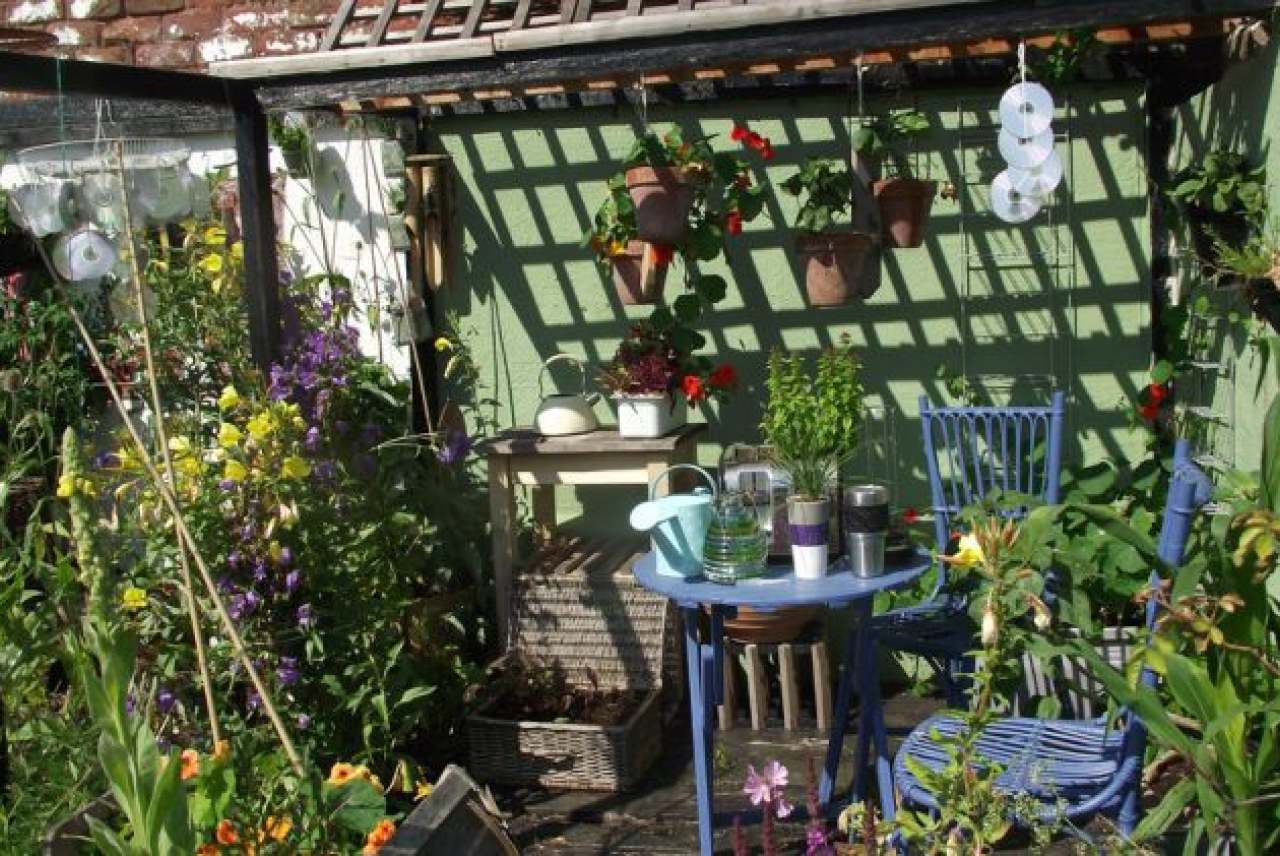There is the inexorable rise of gas and electricity costs; there is the hegemony of the major corporate providers, and a succession of governments more attracted to the needs of big business and retail than worried about how we might reduce our carbon emissions and resource consumption for a healthy planet.
So, it’s not just the rising cost of energy then. Maybe we should think about resilience – how to cook and preserve food if the gas and electricity supply shuts down. Extreme weather events are increasing, even in Britain – bringing energy supply interruption. We don’t have to wait for a total societal breakdown or ‘zombie apocalypse’ to learn other ways of living.
So how do we get used to a simpler lifestyle? Partly driven by the current economic crisis and growing awareness of waste, there is a revival of interest in vintage lifestyles and ‘make do and mend’. As part of this it is worth learning how our forebears cooked and preserved food. It is also useful to learn from other cultures. A lot of new approaches are also being explored in the Transition Towns and permaculture movements.
Refrigeration
The most obvious issue in a modern kitchen is refrigeration – how can we keep foods safe to eat from day to day? Here are several ideas:
- keep the stems of vegetables in water, like cut flowers.
- Only buy the amount of meat and dairy that you need on that day.
- Make a Zeer pot or evaporative fridge, or one of several other ways of cooling food such as using a solar oven at night as a solar cooler. See www.provident-living-today.com/Alternative-Refrigeration.html
- One can preserve food over weeks or months using little energy by sun drying, salt brining and wild fermentation. Many of the tastiest delicacies from around the world, including sauerkraut, gherkins, Parma and Serrano ham, kimchi, many cheeses and fermented milk drinks are preserved in this way. The complete how-to guide for this is Sandor Katz’s Art of Fermentation. Also useful is Preserving Food without Freezing or Canning published by the gardeners and farmers of Centre Terre Vivante. No single technique will work in every climate, but it is useful to experiment with methods suited to one’s locality. Regional Slow Food traditions point the way towards the most suitable local foods and processes, as do traditions from other countries which have similar climates.
Cooking
Cooking and baking use a lot of energy. It is worth buying a Kelly Kettle or similar device which enables one to boil water and cook in a small pot simultaneously using very small amounts of fuel, such as sticks (or even dried dung!) If there are power cuts, and without transport for more sophisticated camping fuel canisters, this simple boiler would be extremely useful, and is highly portable.
Use a solar oven although you do have to have the right weather for this!
It is also worth planning one’s recipes to reduce cooking time by eating more food raw in salads, and by sprouting peas, beans, seeds and whole grains, rather than boiling them for long periods. These foods are reputed to be more nutritious when sprouted which is an added bonus. Read Sharon Astyk’s Independence Days for her in-depth discussion of creating a resilient food pantry.
And finally, in many climates, and particularly here in the UK, it is possible to grow food in the winter months, (see Charles Dowding’s How to Grow Winter Vegetables).
And by widening the net and learning some foraging skills, there is wild food all year round, pioneered by Richard Mabey’s classic Food for Free, and more recently, Alys Fowler’s Frugal Forager.
So if approached in a spirit of discovery, it can be fun to taste new foods. You can save money on gas and electricity. It’s healthy to eat more simply. It’s useful to have skills and kit to be resilient in unforeseen circumstances. What’s not to like?




